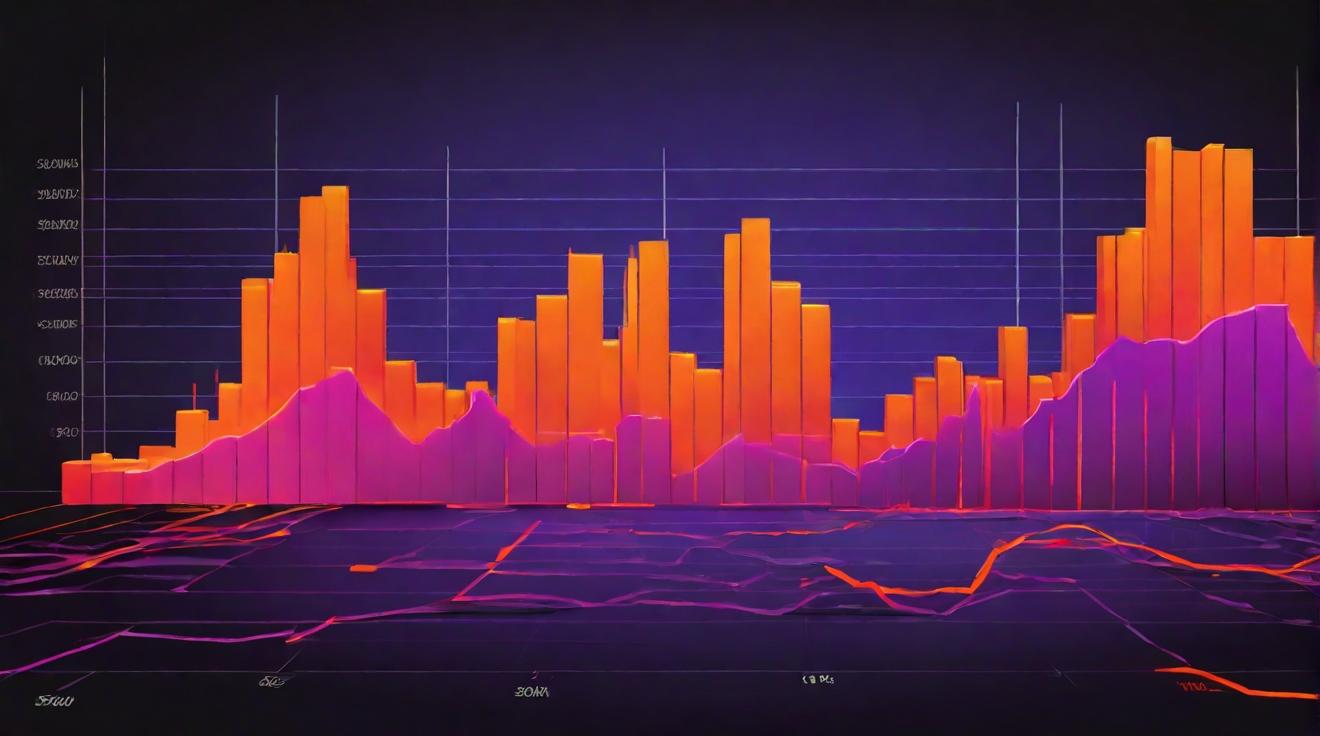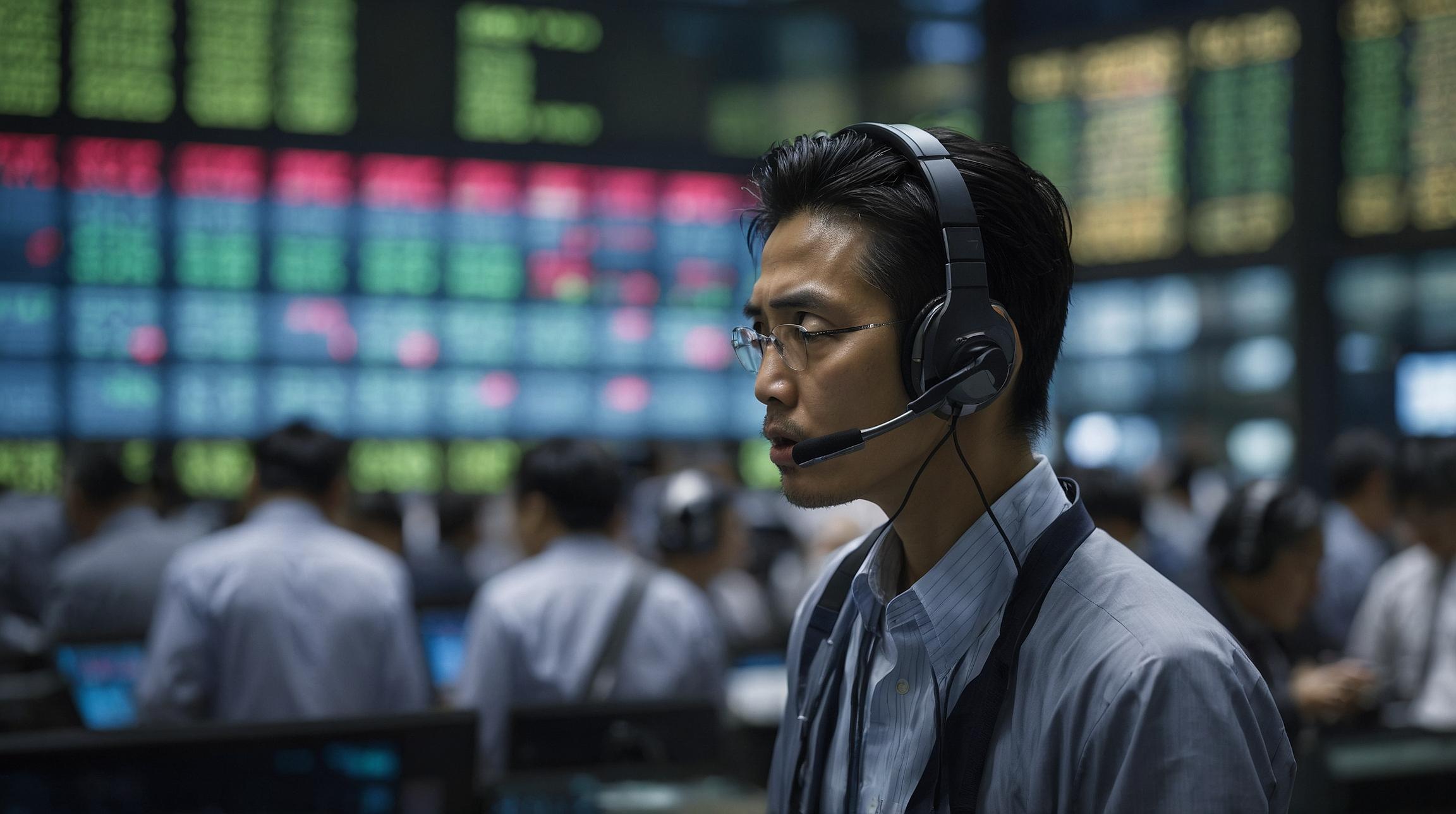Listed Japanese Companies Expand Share Buyback Programs, Hitting New Highs
Japanese companies listed on the Tokyo Stock Exchange are charting new territory with the expansion of their share buyback programs. In 2023 alone, these programs reached a staggering total of 9.6 trillion yen ($65 billion), surpassing the previous year’s record and setting a new high.
Capital Efficiency Drive Spurs Companies to Boost Share Buybacks
The surge in share buybacks is driven by two key factors. Firstly, the Tokyo Stock Exchange has placed increased emphasis on listed firms improving their capital efficiency. In response to this call, companies are actively utilizing their surplus funds to enhance returns to shareholders. Boosting shareholder value and improving capital efficiency are at the top of their agenda.
Share Buybacks Attribution to Recent Stock Price Rises
The second factor driving the expansion of share buyback programs is the positive impact it has on recent stock price rises. As companies actively repurchase their own shares, the reduction in outstanding shares results in a higher proportionate ownership for remaining shareholders. This increase in ownership, combined with the perception of companies taking steps to actively deliver value to their shareholders, has led to a surge in stock prices.
A Positive Trend for Shareholders and the Overall Market
The exponential growth of share buyback programs is a promising development for both shareholders and the overall market. As the value of these buybacks continues to increase, shareholders are poised to benefit from higher returns on their investment. The increased presence of companies in the market repurchasing their own shares also adds stability and confidence to the broader market, positively influencing investor sentiment.
The Tokyo Stock Exchange’s Push for Enhanced Capital Efficiency
The Tokyo Stock Exchange’s call for listed firms to improve capital efficiency is a crucial factor in driving the shift towards share buybacks. With an increasing focus on effective use of capital, companies are realizing the potential benefits of reallocating surplus funds towards share repurchases. This proactive approach provides a win-win situation for both companies and shareholders, leading to a more robust and thriving market.
A New Era of Active Shareholder Value Creation
Investors and market analysts are hailing this surge in share buybacks as a new dawn for shareholder value creation. By actively utilizing surplus funds to reduce outstanding shares, companies are demonstrating their commitment to enhancing returns for their shareholders. This trend is expected to continue as more and more companies embrace the concept of capital efficiency and recognize the positive impact it can have on their stock prices and overall market performance.
Conclusion: Share Buybacks Pave the Way for a Stronger Market
The expansion of share buyback programs in Japanese listed companies marks a transformative period for the market. With a total value of 9.6 trillion yen in 2023, these buybacks have hit new heights, making this the second consecutive year of record-breaking numbers. As companies respond to the Tokyo Stock Exchange’s call for improved capital efficiency, shareholders reap the benefits in the form of higher returns on their investments. This positive trend not only boosts investor confidence but also sets the stage for a stronger and more resilient market going forward.
Analyst comment
Positive news: Japanese companies listed on the Tokyo Stock Exchange are expanding their share buyback programs, reaching record-breaking numbers in 2023. This surge is driven by the Tokyo Stock Exchange’s push for improved capital efficiency and the positive impact it has on stock prices. This trend is seen as a promising development for shareholders and the overall market, providing higher returns and boosting investor confidence. The expansion of share buybacks is expected to lead to a stronger and more resilient market.













